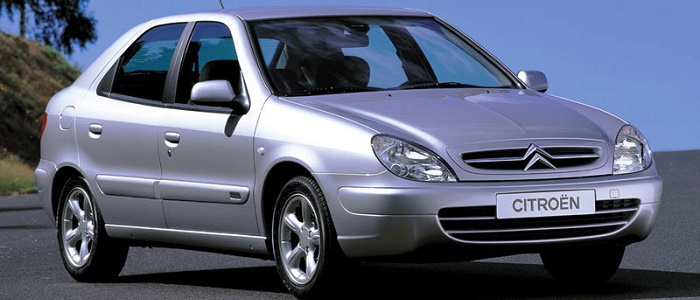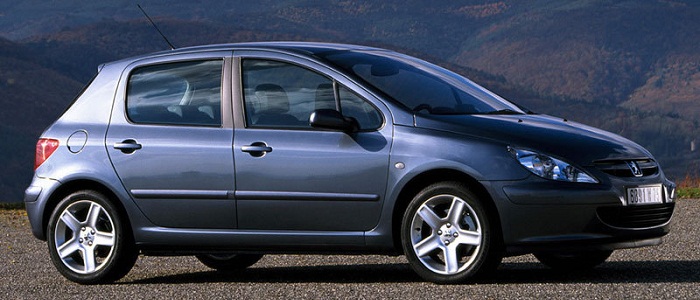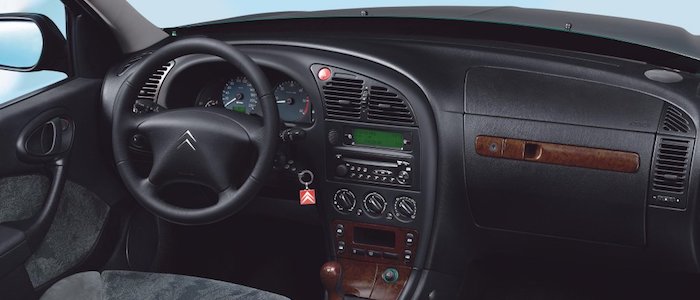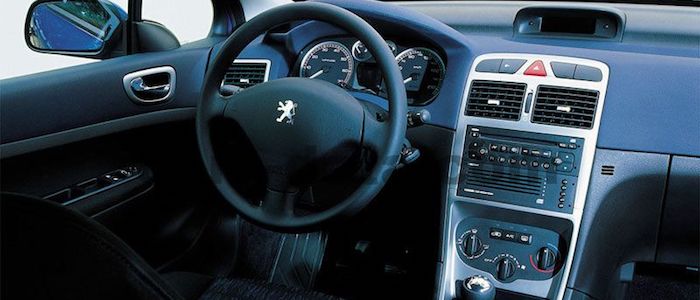Compare two cars
Compare any two cars and get our Virtual Adviser™ opinion
Marketing
Dimensons & Outlines
Engine
Performance (manual gearbox)
Performance (automatic gearbox)
Expenses
Virtual Adviser's™ opinion
Well, these are two pretty similar cars we have here! It's only details that could potentially make the difference. Not only that they both belong to the small family car segment and utilize the same 5-door hatchback body style, they are even powered by the same Peugeot-developed diesel engine! There is not much there to point us towards one vehicle or the other. Or is it?
SafetyBoth vehicles got tested by European New Car Assessment Programme (Euro NCAP), with the Peugeot being a slightly better choice apparently. Moving further on, let's take a closer look at some additional safety-related facts. Both vehicles belong to the small family car segment, which is generally classifying them somewhere in the middle safety-wise, still it doesn't help us solve our dilemma, does it? On the other hand, if we'd like to consider vehicle mass in this context too, which we definitely should, 307 offers a marginal difference of 5% more metal.
ReliabilityI don't like generalizing things when it comes to reliability, although it does seem that Peugeot does have a slight advantage, at least on all of the models level. These are the results of an independent reasearch, while our visitors describe reliability of Citroen with an average rating of 4.1, and models under the Peugeot badge with 4.3 out of 5. The same official information place Xsara as average reliability-wise, and 307 is more or less at the same level.Above it all, drivers of cars with the same engine as these two vehicles rank it on average as 4.3 out of 5.
Performance & Fuel economyCitroen is a bit more agile, reaching 100km/h in 0.9 seconds less than its competitor. In addition to that it accelerates all the way to 180 kilometers per hour, 1km/h more than the other car. When it comes to fuel economy things look pretty much the same for both cars, averaging around 5.3 liters of fuel per 100 kilometers (53 mpg), in combined cycle.
Verdict
Peugeot appears just a bit more reliable, although the difference is truly marginal. The most important thing when deciding between any two vehicles should always be safety, both passive and active. In my opinion, everything taken into account, 307 offers much better overall protection, which launches it ahead of the other contender. From there things take a different direction, with Citroen offering somewhat better performance, just enough to call it quicker. It does come at a cost though, and that's the fuel consumption... It's not difficult to say then that if I'd need to make a choice, it would definitely be the Peugeot. In any case that's my personal view, built upon all the data available to me. What should decide here though is the way you feel about the two vehicles, and I hope you'll find my guidelines useful in the process. I suggest you spend two more minutes in order to find out which car, based on your needs and budget, would be picked by the virtual adviser™, among thousands of similar, yet so different vehicles.
































